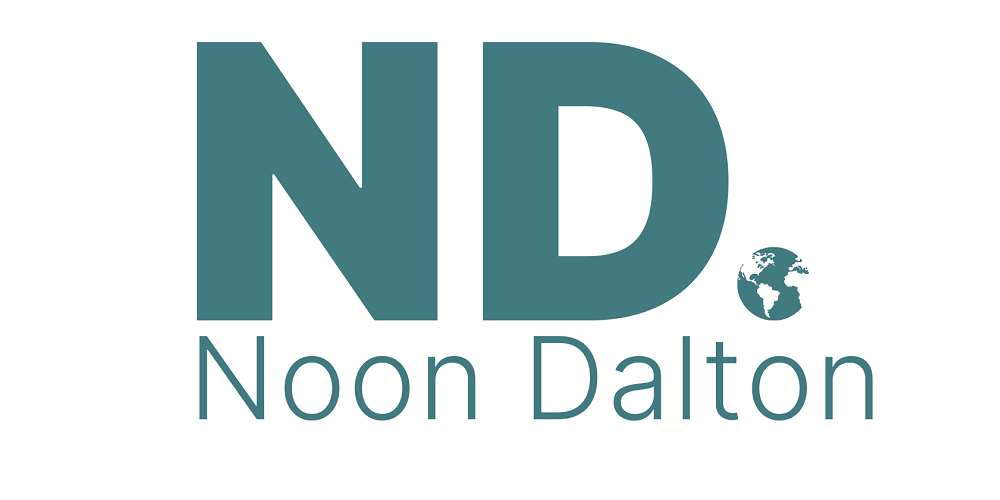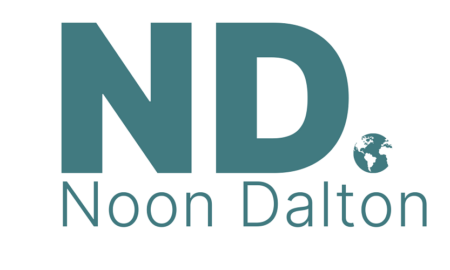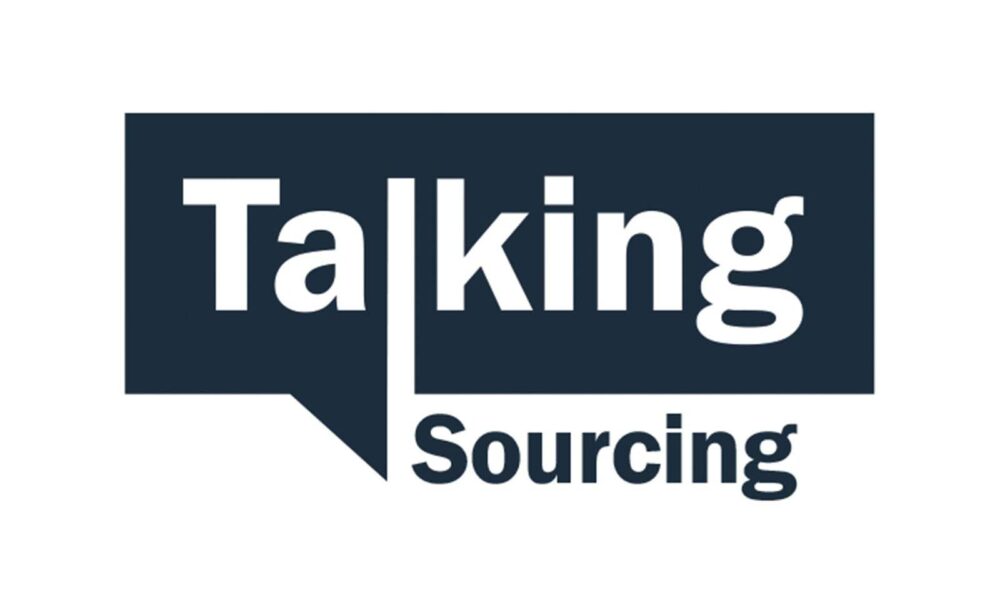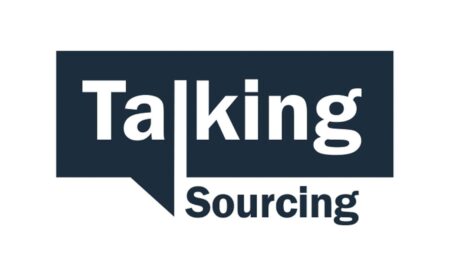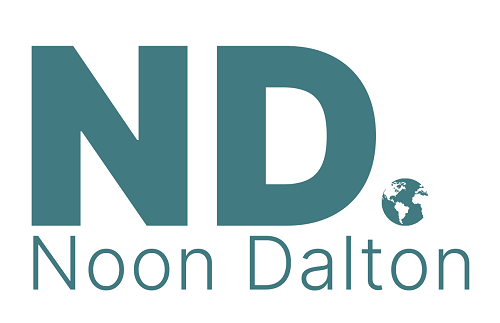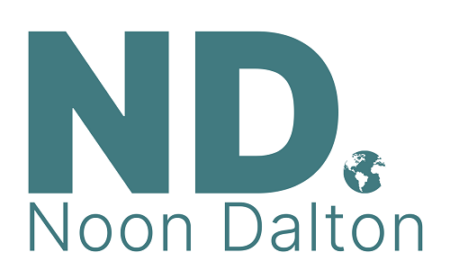The Quantanite team was present at the recent CX Outsourcers conference in Glasgow, Scotland. The event focused exclusively on the Business Process Outsourcing (BPO) industry and explored current issues in the market and potential future trends.
Across the two days of the event there were many different discussions and some deep dives into topics such as artificial intelligence (AI). Simon Kriss was visiting from Australia and he boldly delivered a talk on AI that included many live sections where his presentation was supported in real-time by ChatGPT.
If I had to sum up the main themes from the event, then I would suggest these five areas. As this event was entirely focused on the BPO community, it’s a good summary of trends and discussion around BPO at present:
Industry Consolidation
In the past few months there has been a great deal of change in global BPO. Sitel bought SYKES in 2021 and announced in February this year that the combined entity will now be known as Foundever. Concentrix and Webhelp merged in March and Teleperformance acquired Majorel in April.
Six major industry players will now be just three. After the Majorel announcement, many Teleperformance employees took to LinkedIn to announce that their team now has more than half a million people.
Some clients need global scale. A huge global company may want a BPO with similar scale to manage their services globally. There is a place for size in this industry.
However, I also believe that as some of the BPOs get even larger an opportunity is created for those of us that have an international footprint, but also greater flexibility. One of the founders and hosts of the CX Outsourcers conference, Peter Ryan, commented on this when he said: “There is a clear opportunity for smaller and medium-sized BPOs to offer a strong focus on agile services that can adapt and grow very quickly as clients need change.”
Peter Ryan wrote an article recently where he talked about the rise of mega-BPOs creating a need for mega-clients – huge global contracts. The vast majority of BPO clients will now be looking for BPO partners below the “mega” scale.
Artificial Intelligence
The explosion in interest in AI has really been because ChatGPT caught the public imagination. It was simple and free to use, and the media described many different examples of what was possible to achieve with this tool.
AI isn’t new for the BPO industry. Initiatives to improve conversational chatbots and AI tools assisting agents in the contact centre have been around for several years now – and are rapidly improving. The new public focus on AI may well start impacting on brands that have poor chatbot implementations – as anyone can now see what is really possible.
A Focus On Outcomes
The traditional focus for all BPOs has been agents in the contact centre. This is traditionally how services have always been charged, but there is an increasing focus on BPO partnership and metrics that focus on customer satisfaction, loyalty, and advocacy.
It’s still rare to see a company talking to a BPO and asking to price a project based on increased revenue from customers or with bonuses for customer satisfaction, but the conference discussion was focused on drawing a closer link between what a BPO really does for their clients – not just how many agents are in the contact centre. I think this change will come gradually, but it will happen.
Faster / Better / Cheaper
Perhaps this has always been true, but there is a perfect storm brewing. Inflation rates are high in many developed markets along with the cost of living and borrowing. This is leading many brands to double down on costs and quality.
They want BPOs to ramp up faster so projects can get moving quicker. They want BPOs to justify their prices so tools such as AI must be used to help improve quality. In short, BPO partners need to offer more flexibility, rapid availability, great quality, and lower prices. It’s a tough and demanding market, but it also appeals to BPOs that are both flexible and international.
Resilience
Stephen Loynd, the founder of industry analyst company TrendzOwl, talked about this in his own presentation. The Covid pandemic feels like it was a long time ago now and most of us are only too willing to move on and think of a more positive business environment.
Stephen reminded us that there are similar challenges around the world at present. Avian flu is decimating poultry production in many countries at present – if a zoonotic transmission takes place, and one of these major animal pandemics transfers to humans, then we are back in another Covid situation.
It may feel negative to keep focusing on potential pandemics, but who can forget the chaos of 2020? If anything, similar happens again then are you ready to work remotely, work from home, and work with security already in place? A focus on resilience means that you are already taking some time now to spread risk and ensure your team is flexible enough to meet any future challenges without disruption to your business.
These were my key takeaways from CXO in Glasgow. If you had to list your own top priorities for BPO in 2023 then do you agree with these five trends or would you add another? Please leave a comment here on Intelligent Sourcing or get in touch with me directly via LinkedIn.




